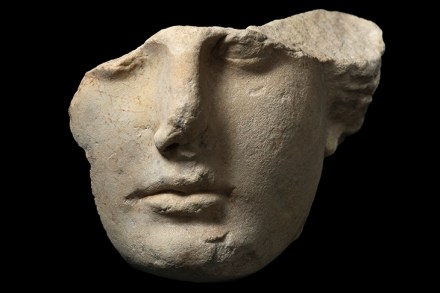Books Podcast: Geoff Dyer’s love for Where Eagles Dare
In this week’s books podcast I’m talking to Geoff Dyer, one of our most wayward and wittiest writers, about his new book Broadsword Calling Danny Boy, a frame-by-frame discussion of the classic war movie Where Eagles Dare. Learn from Geoff about the importance of squinting in Clint Eastwood’s thespian toolbox, about the joy of snow-patrol Action Man, about why he shied away from plans for “Alistair MacLean: A Critical Reappraisal”, and about why on earth Geoff would follow a learned book about Tarkovsky’s Stalker with a discussion of a piece of late-60s schlock. Plus: what happens when you get on the wrong side of Julian Barnes.




















